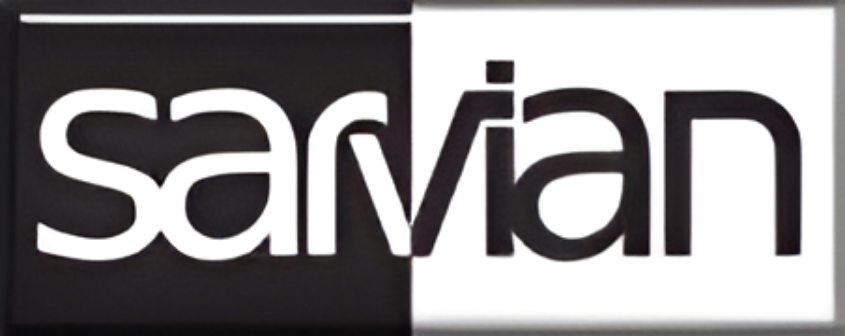A few weeks ago, I was asked by a high tech industry colleague for any book suggestions I had for his professional self-development. I was pleased to receive this request as I’m a big advocate for continuous learning and always impressed when busy professionals have the motivation and make the time to read and improve.
I didn’t have a ready made list so I quickly started racking my brain for meaningful and impactful books that have stuck with me through my life. I thought it best to select books from specific categories that would be useful for high tech professionals. The categories I chose were:
- Management
- Critical Thinking
- Negotiation and Influence
- Venture Capital
- Decision Making
- Personal Leadership
- Entrepreneurial Inspiration
- Innovation
With the categories defined, books I’ve loved started just silently rolling off of my tongue. Titles from the likes of Collins, Grove, Horowitz, Voss, Cialdini, Heath, Duhigg, Knight, McCullough, Weinberg, Christensen and a few others. I was happy with my list and sent it off knowing that if he read these books, it would offer tremendous value for his burgeoning career.
But after I sent the email, I took another look at the list. Something was gnawing at me. As I reviewed the list again, I realized what it was. From a list of 12 books, 11 of the books were written by a Caucasian male and 1 was co-written by a Caucasian male and female husband and wife duo.
Now, in the past month, in the aftermath of the senseless killing of George Floyd, the needed conversation about social justice, equality, and opportunity for African Americans and other under-represented communities has been increasing. That conversation spurred my awareness to take another look at my list and realize the glaring absence of diversity in my recommendations.
These books are all fantastic books which made my list for a reason—they have made a meaningful impact on me. But what I’ve realized is that each author has written based on his life experiences and context. Thus, when he writes about management, decision making or influence, he hasn’t likely written it from the perspective of how would an under-represented community member such as a Latino or African American woman have to manage or influence in an organization. Their societal circumstances may require different techniques and support to be able to create the same influence and be able to make similar decisions. And likewise; the guidance being given on how to manage and lead team members may be offered in a uniform way; but managing those in under-represented communities requires a greater awareness of societal context. Not choosing and reading enough books from authors who have this under-represented societal context will prove to be a disservice to the both the majority and under-represented manager and leader as well as the under-represented employee. There is a place and need in my reading list from both the great books and authors I’ve learned so much from and from under-represented authors whose perspective will create a more full, well rounded education for me.
Next time I share such a list, I will make a few additions to the list.
- In existing categories, I will be more proactive and self-aware and also recommend authors from under represented communities who are inspirational business leaders and entrepreneurs who will have written about their management and leadership styles, which inherently will be built from their societal context.
- I will include another category which may not be specifically a business management or leadership related book (which will be captured in #1), but a Diversity and Inclusion category that may be more about history, psychology and current affairs to enhance my learning.
Looking forward to share an updated enhanced list with my colleague soon!

